
Dating violence has consequences for teen victims

From left, Midori Robinson, Kyleigh Rose and Keisha McNeill paint their hands so they can put a handprint on the “Love is Respect” mural during the Camp Zama Youth Center Teen Dating Violence Awareness Lock-In at Camp Zama. (U.S. Army photo by Winifred Brown)
February is Teen Dating Violence Awareness Month. Such violence can be physical, emotional, or sexual. It can happen in person or online. In all cases, teen dating violence puts great strain on families, including those in the military. To combat it, many resources and strategies are available to military parents.
Nearly 1 in 11 female and about 1 in 15 male high school students reported physical dating violence in the last year, according to the Centers for Disease Control and Prevention Youth Risk Behavior Survey and the National Intimate Partner and Sexual Violence Survey. For sexual dating violence, about 1 in 9 female and 1 in 36 male high school students reported incidents in the last year.
Dating violence affects millions of U.S. teens. CDC figures show that about 11 million women and 5 million men who reported dating violence in their lifetime said they first experienced such incidents before the age of 18. These episodes included sexual violence, physical violence, or stalking by an intimate partner.
Teen dating violence has potential long-term effects. The CDC says depression, anxiety, and suicidal thoughts are more likely among victims. There’s also greater risk of using tobacco, drugs, and alcohol. Those who suffered dating violence in high school are at greater risk of being victimized later.
Military parents have access to information, resources, and strategies to help their teens. Parents can speak with a Family Advocacy Program or FAP representative. FAP reps can be found at an Army Community Services Center, Navy Fleet and Family Readiness Center, Airman and Family Readiness Office, or Marine or Family Programs Office.
FAP reps can counsel parents and victims. They can also provide training on the warning signs of teen dating violence and assist inside schools, if needed, said Jenny Marsh, an FAP representative at Joint Base Myer-Henderson Hall in Arlington, Virginia. And, Marsh said, an FAP rep can discuss with military parents ways to remove victims from harmful situations.
The Total Force Fitness framework is another way to strengthen service families and help prevent teen dating violence. The framework encourages service members to look at fitness of the mind, body, and spirit as a package to stay ready and resilient.
“For service families, attaining and maintaining the social domain of the military’s Total Force Fitness framework can help prevent teen dating violence,” said USPHS Capt. Kimberly Elenberg. “That’s because it calls for strengthening relationships and developing influential peer-to-peer networks.” Elenberg also serves as director of the Total Force Fitness branch.
The TFF description of social fitness says it helps military families focus on “strong and productive personal and professional relationships.” The goal is to create a structure of family, friends, and peers that can be relied on.
For more information about preventing teen dating violence, visit the CDC website or call 1-800-CDC-INFO.
Award-winning Navy team successfully improves care for women, infants
Article
11/26/2019
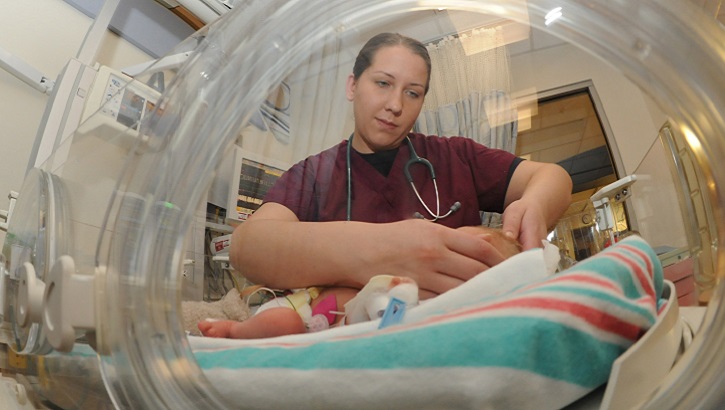
An award-winning team of nurses successfully implemented a treatment guide at Naval Medical Center San Diego that improves labor and delivery outcomes
Measles Myths: The Measles Can Be Life-Threatening
Video
9/30/2019

Measles can be life-threatening, especially for children and among people who have a compromised immune system.
Measles Myths: Hand Washing Alone Won't Prevent Measles
Video
9/23/2019

Hand washing alone will not prevent the spread of measles. Dr. Margaret Ryan, preventive medicine physician, debunks some myths about vaccinations.
A surprise delivery at Fort Bragg’s maternity fair
Article
9/19/2019
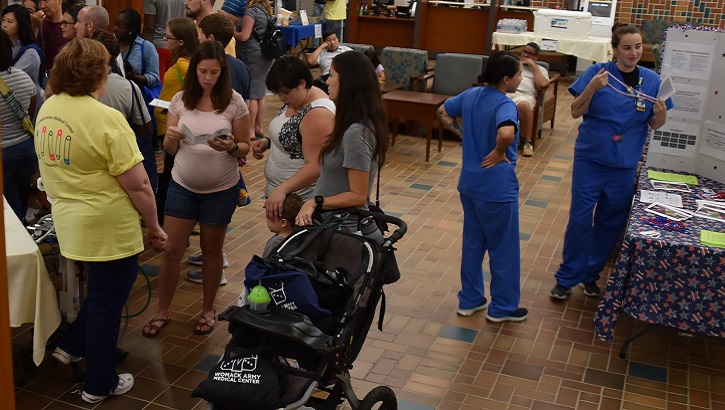
For Linda Steadman, a certified nursing assistant, this will be a day to remember
Measles Myths: Vaccines Are Safe
Video
9/17/2019

Vaccine components have been rigorously tested for safety. Dr. Margaret Ryan, preventive medicine physician, debunks some myths about vaccinations.
Measles Myths: Vaccines Do Not Cause Autism
Video
9/12/2019

Vaccines that prevent measles do not cause autism. Dr. Margaret Ryan, preventive medicine physician, debunks some myths about vaccinations.
Five tips for back-to-school vaccinations
Article
8/19/2019
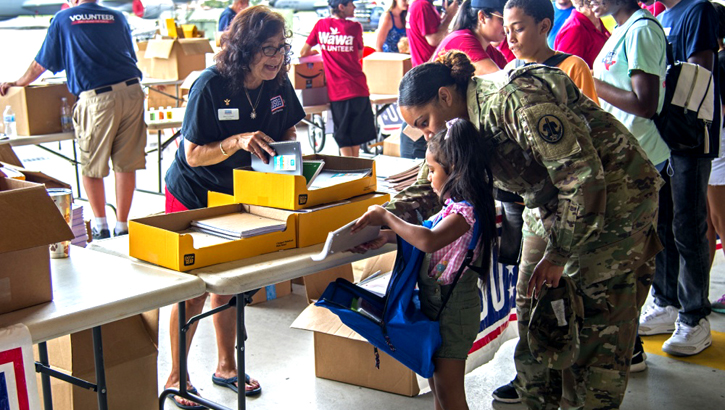
Keeping children up-to-date on vaccinations protects them from vaccine-preventable infections that can be spread throughout schools and day care centers.
Get kids ready for back to school with preventive health care
Article
8/8/2019
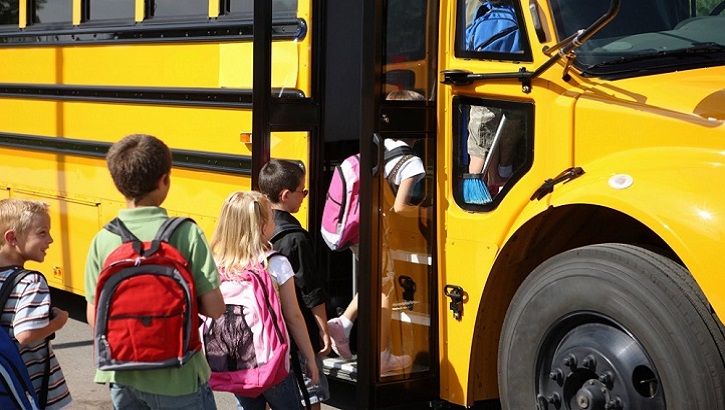
Preventive services, routine immunizations, and health screenings are the best ways to make sure your kids are healthy and ready to hit the books
Teddy bear health clinic
Article
5/17/2019
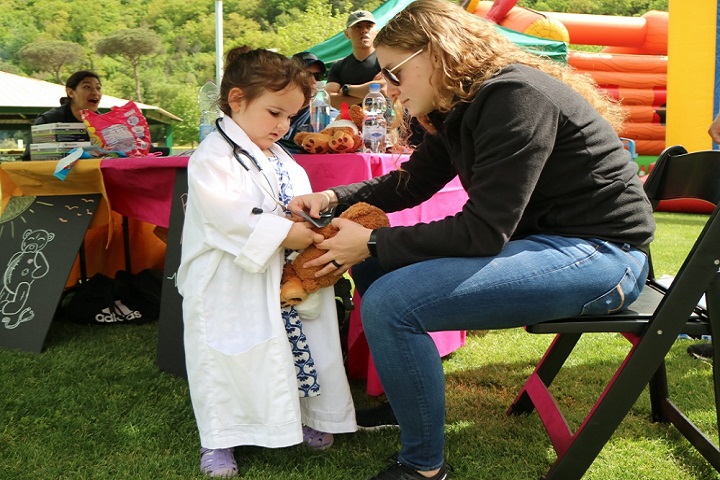
The clinic went through six boxes of teddy bears in just two hours
Mother's Day a chance to highlight care in the Military Health System
Article
5/8/2019
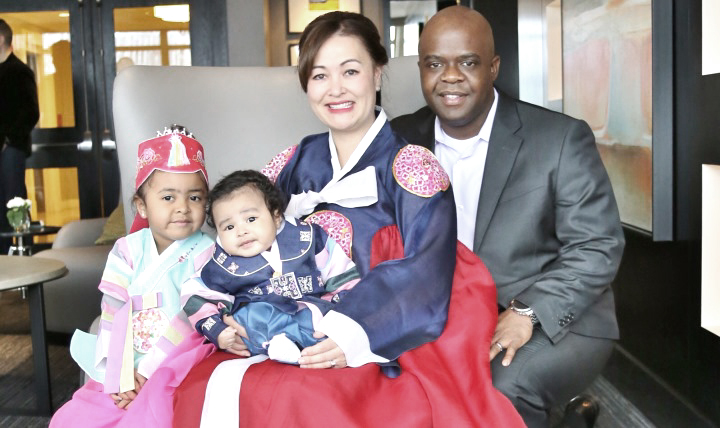
The Military Health System helps deliver more than 100,000 babies each year
DHA PI 6025.16: Processes and Procedures for Implementation of Standardized Perinatal Training
Policy
This Defense Health Agency-Procedural Instruction (DHA-PI), based on the authority of References (a) and (b), and in accordance with the guidance of References (c) through (p), establishes the Defense Health Agency’s (DHA) procedures to describe standard processes and criteria for developing and sustaining comprehensive systems to provide, assess, and monitor standardized perinatal training for military medical personnel providing services to mothers and infants.
- Identification #: 6025.16
- Date: 4/30/2019
- Type: DHA Procedural Instruction
- Topics: Children's Health
Preteens, teens target audience for HPV vaccine
Article
4/29/2019
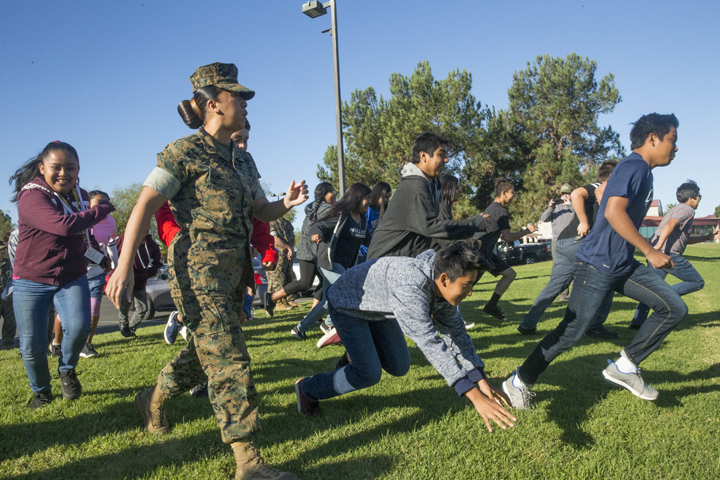
Inoculation has 'huge potential' to reduce cancer cases
Pediatric medical services providers increase access to care for beneficiaries
Article
4/23/2019
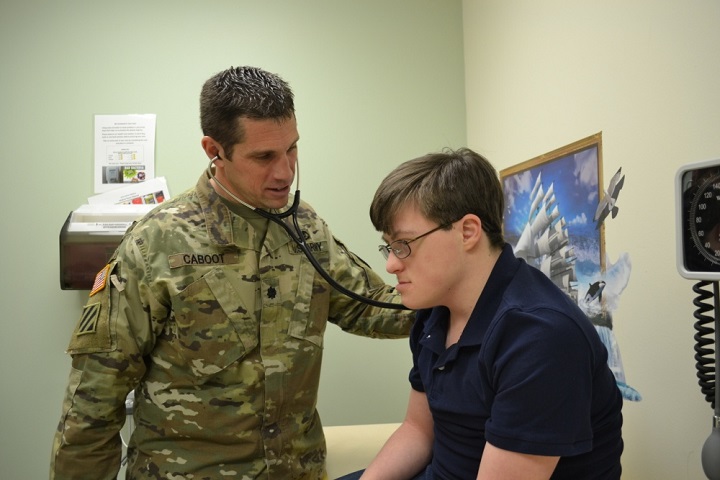
Pediatric medical services providers established a program that increases access to care for beneficiaries
DHA ‘delivers’ nurses for babies
Article
4/16/2019
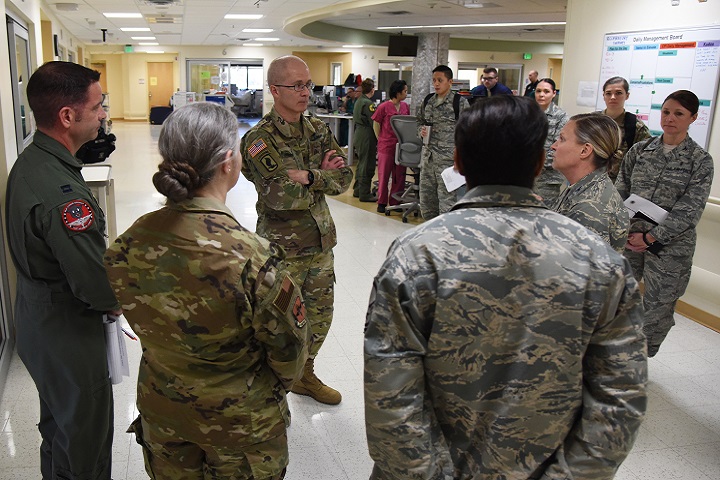
Every month Keesler Medical Center’s Labor and Delivery Clinic averages approximately 35 births
Measles vaccine protects against potentially serious illness
Article
4/4/2019
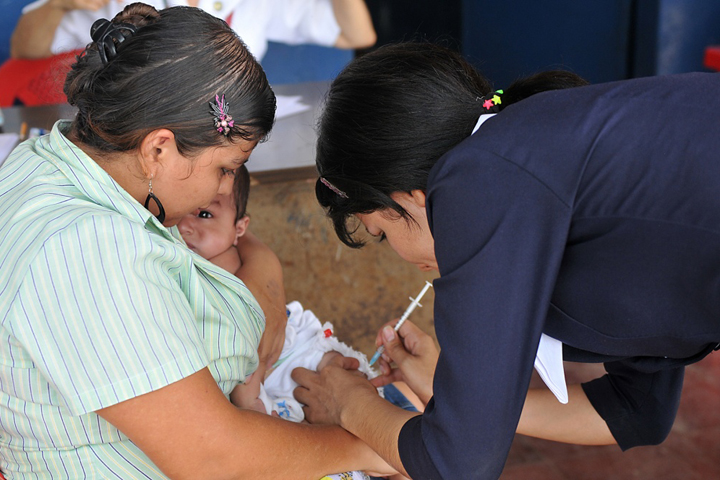
387 cases to date among civilian population





















.png)












No hay comentarios:
Publicar un comentario